Diving in Philippines is an experience like no other. With over 7,000 islands, there is an abundance of beautiful coral reefs, colorful marine life, and crystal clear waters to explore.
From the shallow reefs of the Visayas to the deep walls of the Tubbataha Reef, the Philippines offers something for every kind of diver.
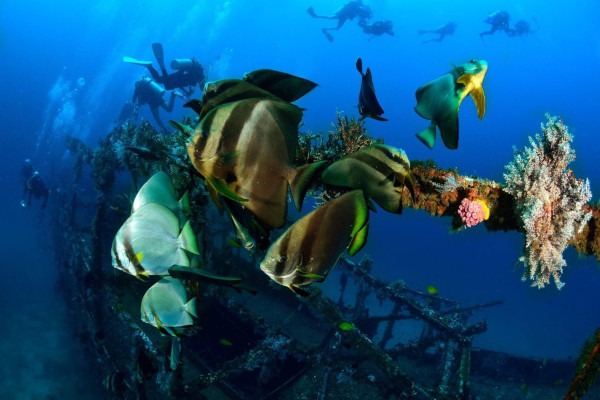
The most popular dive sites in the Philippines are the Apo Reef and the Tubbataha Reef. Apo Reef is the largest contiguous coral reef in the Philippines and is home to a wide variety of marine life, including turtles, sharks, and manta rays. Tubbataha Reef is a UNESCO World Heritage Site and is one of the most diverse marine ecosystems in the world. It is home to over 500 species of fish, 400 species of coral, and countless other animals.
No matter what kind of diving you are looking for, the Philippines has something for everyone. Whether you’re a beginner or an experienced diver, you can find a dive site that suits your skill level and experience. With its diverse marine life, crystal clear waters, and stunning coral reefs, diving in the Philippines is an unforgettable experience.
Best Spots for Diving in the Philippines
The Philippines is an archipelago of thousands of islands, each with its own unique and stunning dive sites. With so many different spots to explore, it can be difficult to decide which are the best ones for diving. To help make your decision easier, we’ve compiled a list of some of the best and most popular dive spots in the Philippines. From shallow reefs to deep walls, these locations have something for everyone—whether you’re an experienced diver or just starting out. Keep reading to discover our top picks and learn why they’re so fantastic!
Cebu
Cebu is one of the most popular diving destinations in the Philippines. The island is home to many beautiful dive sites, including Mactan Island, Moalboal, and Malapascua.
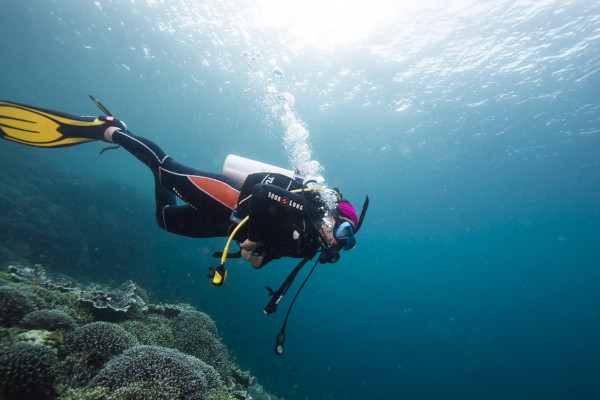
Mactan Island is a great place to dive for beginners and experienced divers alike. There are many shallow reefs perfect for exploring, as well as some deeper wrecks to check out. Moalboal is another excellent spot for diving, with a variety of coral reefs and fish to see. Malapascua is well-known for its thresher sharks, which can be seen in the waters around the island.
Whether you’re a beginner or an experienced diver, Cebu has something to offer everyone. So come on over and explore the amazing underwater world of this Philippine island!
Tubbataha
Tubbataha is located in the Sulu Sea and is known for its clear waters and vibrant marine life. It is a popular spot for diving, snorkeling, and swimming.
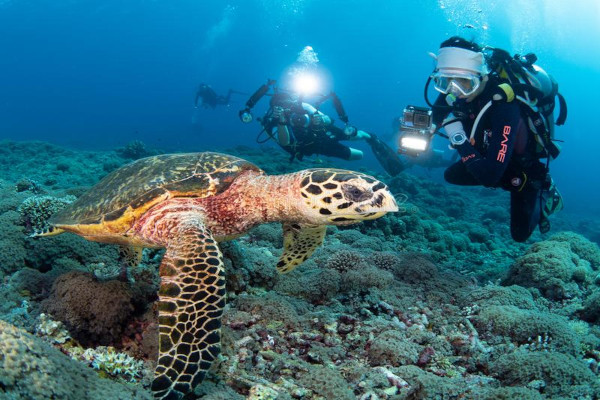
There are many different dive sites to explore, each with its own unique features. The Coral Gardens is a beautiful area where you can see a variety of corals and fish. The wreck of the USS New York is an interesting site to check out for history buffs. And for those who want to see something truly unique, there is the Frogfish Point, where you can find these strange-looking creatures.
Anilao, Batangas
Anilao, Batangas is one of the best diving spots in the Philippines. It has beautiful coral reefs and clear waters. The Visibility here is amazing and you can see a lot of fish. Anilao is also a great place for night diving.
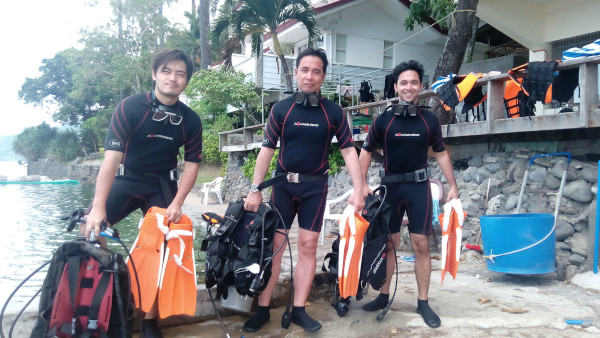
Coron Bay and Apo Reef
Coron Bay is one of the most popular diving destinations in the Philippines. The bay is home to many corals and reef fish, making it a great spot for snorkeling and diving. Apo Reef, located just off the coast of Coron, is another excellent spot for diving. The reef features a variety of corals and fish, as well as turtles and sharks.
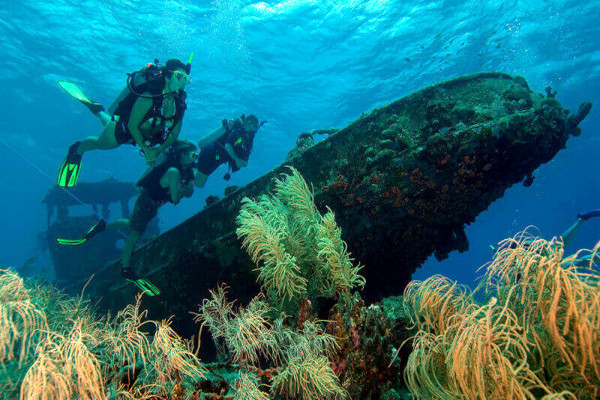
Puerto Galera
Puerto Galera is a town on the northeastern coast of Mindoro island in the Philippines. The town is a popular tourist destination, with many beaches and resorts. It is also a popular spot for diving, with many dive sites around the island. Puerto Galera has something for everyone, from beginners to experienced divers. There are many dive shops and schools in town, so you can easily find somewhere to start.
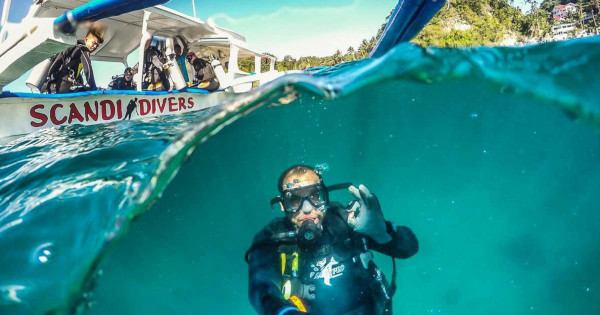
Common Marine Life Sightings For Philippines
The Philippines is home to a wide variety of marine life, making it a popular destination for divers and snorkelers alike. Common marine life sightings in the Philippines include the following:
Reef Fish
The Philippines is home to a wide array of reef fish, including angelfish, butterflyfish, parrotfish, triggerfish, wrasse, and damselfish. These tropical reef fish are often seen in large schools, making for a spectacular sight.
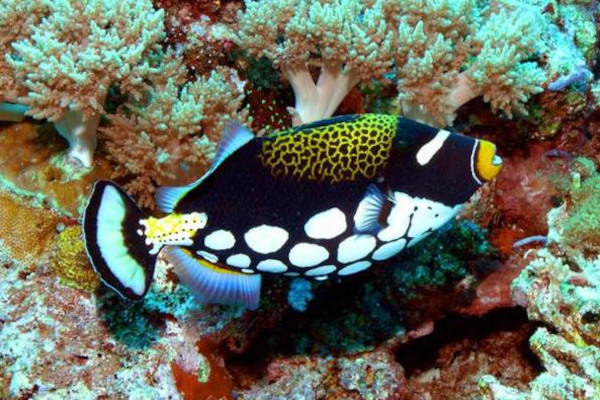
Sharks
While the Philippines is home to a variety of shark species, the most commonly seen are the whitetip reef sharks and the thresher sharks. These species are often encountered on dives and snorkel trips, providing a thrilling experience for visitors.
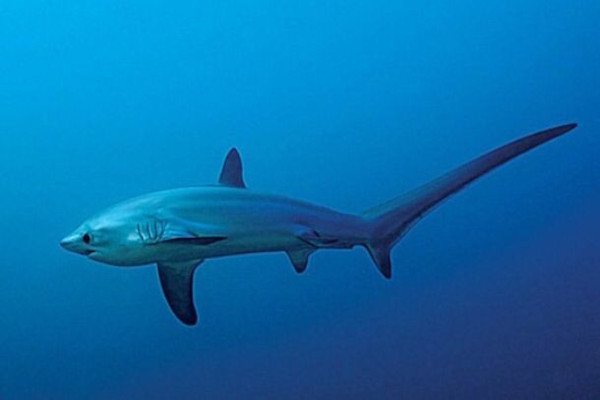
Invertebrates
Invertebrates such as sea stars, anemones, and nudibranchs are also common in the Philippines. These creatures are often brightly colored, making them popular among underwater photographers.
Marine Mammals
The Philippines is also a popular destination for spotting marine mammals, such as dolphins and whales. These animals can often be seen in the waters offshore, providing an unforgettable experience.
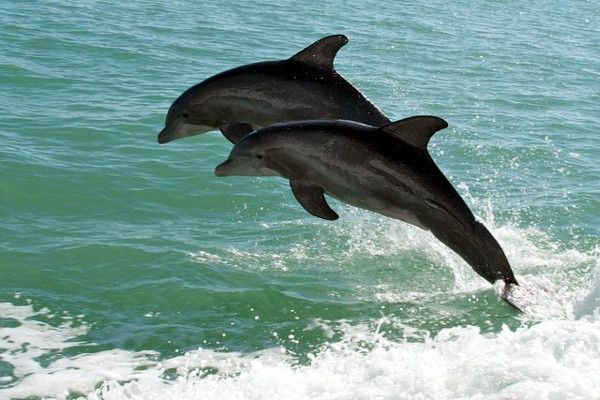
Coral
The Philippines is home to a variety of coral species, including hard and soft corals. These corals provide habitats for the many species of reef fish and invertebrates that can be seen in the waters here.
Overall, the Philippines is a popular destination for divers and snorkelers alike, due to its wide variety of marine life. From colorful reef fish to majestic whales, there is something for everyone in the waters of the Philippines.
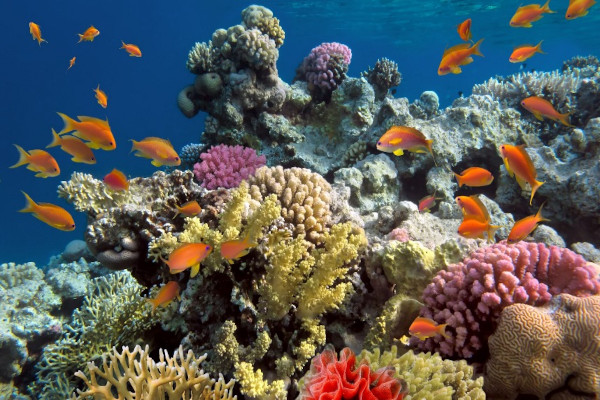
Seasons for Best Diving Conditions in the Philippines
The Philippines is a great place to go diving, with warm, crystal clear waters and plenty of exciting marine life to explore. Depending on the season, the best diving conditions vary, but you can generally enjoy great visibility, warm temperatures and abundant sea life year-round.
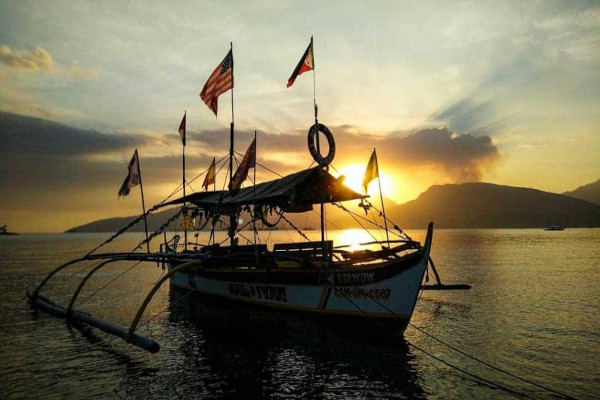
The summer months (March to May) are generally the best time for scuba diving in the Philippines. The waters are warm, the visibility is excellent and the abundance of marine life is at its highest. The coral reefs are in full bloom and the fish are in a frenzy. This is also the best time of year to spot sea turtles, as they migrate through the waters of the Philippines.
The monsoon season (June to October) is generally the least desirable time to go diving in the Philippines. The visibility is usually much lower, and the strong winds and currents can make it difficult to navigate. However, this is also the time of year when the most exciting marine life is spotted. Sharks, whales, manta rays, and other large animals can be seen in the depths of the ocean.
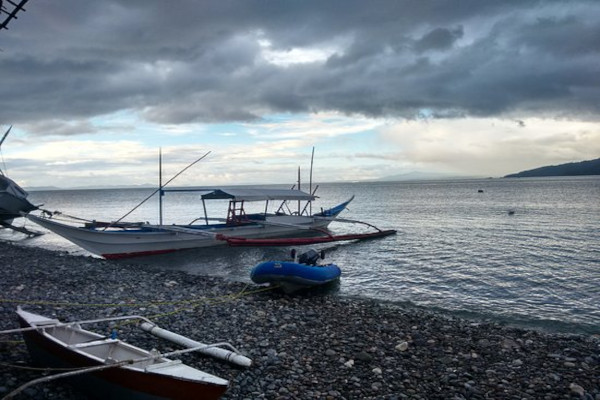
From November to February, the weather is much calmer, the visibility is better, and the sea life is more abundant as the waters warm up. This is a great time for both novice and experienced divers to explore the depths of the Philippines.
No matter when you decide to dive, the Philippines has plenty to offer. From colorful coral reefs to vibrant marine life, the waters of the Philippines are a paradise for divers. With the right season and conditions, you can enjoy some of the best diving the Philippines has to offer.
Tips for Divers Visiting the Philippines
The Philippines is a great destination for scuba diving, with its rich marine biodiversity and stunningly beautiful coral reefs. Here are some tips for divers visiting the Philippines
Make sure you get the right equipment and gear
The Philippines has many dive sites, so make sure you have the right gear for the dive you’re planning. Make sure to get your dive gear serviced before the trip and check to see if your dive operator has any special requirements.
Research the dive sites
The Philippines is home to many different types of dive sites, from shallow coral reefs to deep wrecks and walls. Research the dive sites you’re planning to visit and make sure you’re comfortable with the depth, currents, and any other conditions you may encounter.
Familiarize yourself with the local marine life
The Philippines is home to many different species of fish, coral, and other marine life. Learn about the local species and how to identify them so you can have a safe and enjoyable dive.
Practice responsible diving
The Philippines has a variety of marine life, so make sure you’re following all the rules and regulations while diving. Avoid touching or disturbing the coral and marine life, and make sure to dispose of any litter properly.
Bring a camera
The Philippines has some of the most beautiful coral reefs in the world, so make sure to bring a camera to capture the stunning sights. Don’t forget an underwater housing if you plan to take pictures underwater.
Plan ahead
Make sure to book your dive trips in advance, as the Philippines can get crowded during peak season. This will also help you to ensure you get the best deals and dive sites that suit your needs.
Get insurance
Diving can be dangerous, so it’s important to have insurance in case something goes wrong. Make sure to check with your dive operator to see what kind of insurance they provide.
If you like to get to know about other great places to dive, you should read our article: Scuba Diving in Costa Rica Best spots
To see a Philipinnes location map click here
